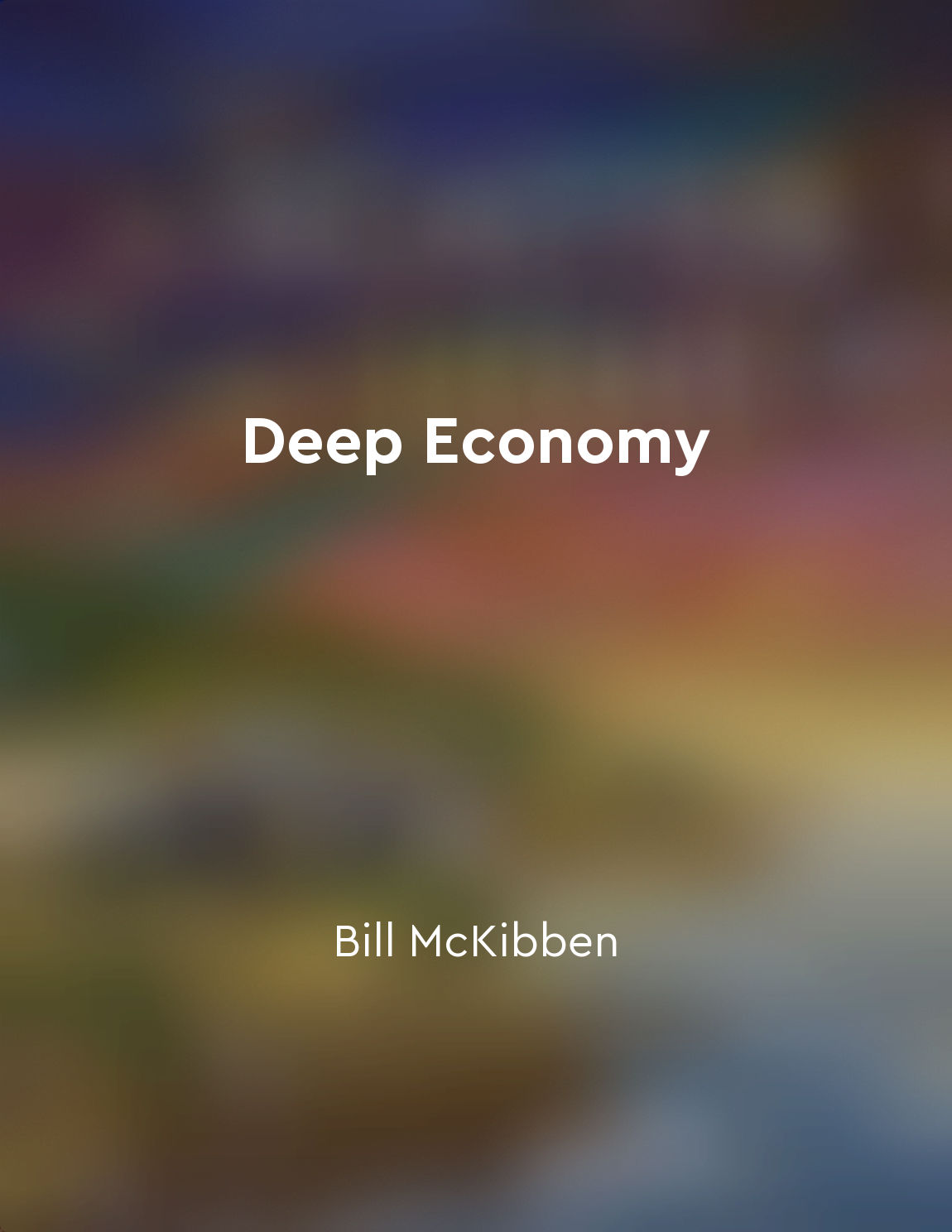Oil production can lead to social inequalities from "summary" of Oil by Sucha Singh Khera
One of the most significant consequences of oil production is the exacerbation of social inequalities within societies. This phenomenon is particularly prominent in regions where oil extraction takes place, as the industry tends to concentrate wealth and power in the hands of a few individuals or groups. The abundance of natural resources leads to the creation of a wealthy elite class that controls the majority of the profits generated by the oil industry. This concentration of wealth can result in widening income gaps between the rich and the poor, as those who are not directly involved in oil production are left behind in terms of economic prosperity. Furthermore, the social inequalities caused by oil production can also be seen in the unequal distribution of resources and opportunities within communities. In many cases, oil-rich regions suffer from inadequate infrastructure, limited access to basic services such as healthcare and education, and environmental degradation. The wealth generated by the oil industry often fails to trickle down to the general population, leading to disparities in living standards and quality of life. This lack of equitable distribution of resources can create tensions and conflicts within communities, as marginalized groups seek to claim their fair share of the benefits derived from oil production. Moreover, the concentration of power and wealth in the hands of a few individuals or groups can also have political implications, as it may lead to the manipulation of government institutions and policies to serve the interests of the elite. In some cases, oil-producing countries have experienced corruption, nepotism, and authoritarian rule, as those in power seek to maintain their privileged position at the expense of the wider population. This further exacerbates social inequalities and undermines democracy and social cohesion.- The impact of oil production on social inequalities is a complex and multifaceted issue that requires careful consideration and analysis. The concentration of wealth, resources, and power in the hands of a few individuals or groups can have far-reaching consequences for the wider population, leading to disparities in income, opportunities, and political representation. It is essential to address these social inequalities and strive for more equitable distribution of the benefits derived from oil production to ensure sustainable development and social cohesion within affected communities.
Similar Posts

Investing in local businesses is beneficial
Investing in local businesses is an idea that has gained traction in recent years, as people begin to see the benefits of suppo...
Oil consumption patterns vary globally
The consumption of oil is not uniform across the globe. Different countries have different levels of oil consumption based on v...
Technological advancements have revolutionized the oil industry
The oil industry has been transformed by technological advancements in recent years. These advancements have revolutionized the...
Inequality widens divides
The widening gap between the rich and poor creates deep divisions within societies, leading to social unrest and instability. A...
Innovation does not come from the free market
The idea that innovation does not come from the free market may sound counterintuitive at first. After all, the prevailing beli...
Oil subsidies impact government budgets
The issue of oil subsidies is a significant one that has far-reaching implications, particularly for government budgets. These ...
Oil extraction can lead to conflicts
Oil extraction, while crucial for meeting the energy needs of societies, has often been the root cause of conflicts around the ...
People are kept in ignorance and poverty
The powerful elite ensure that the masses remain ignorant and impoverished. This is a deliberate strategy to maintain control a...

